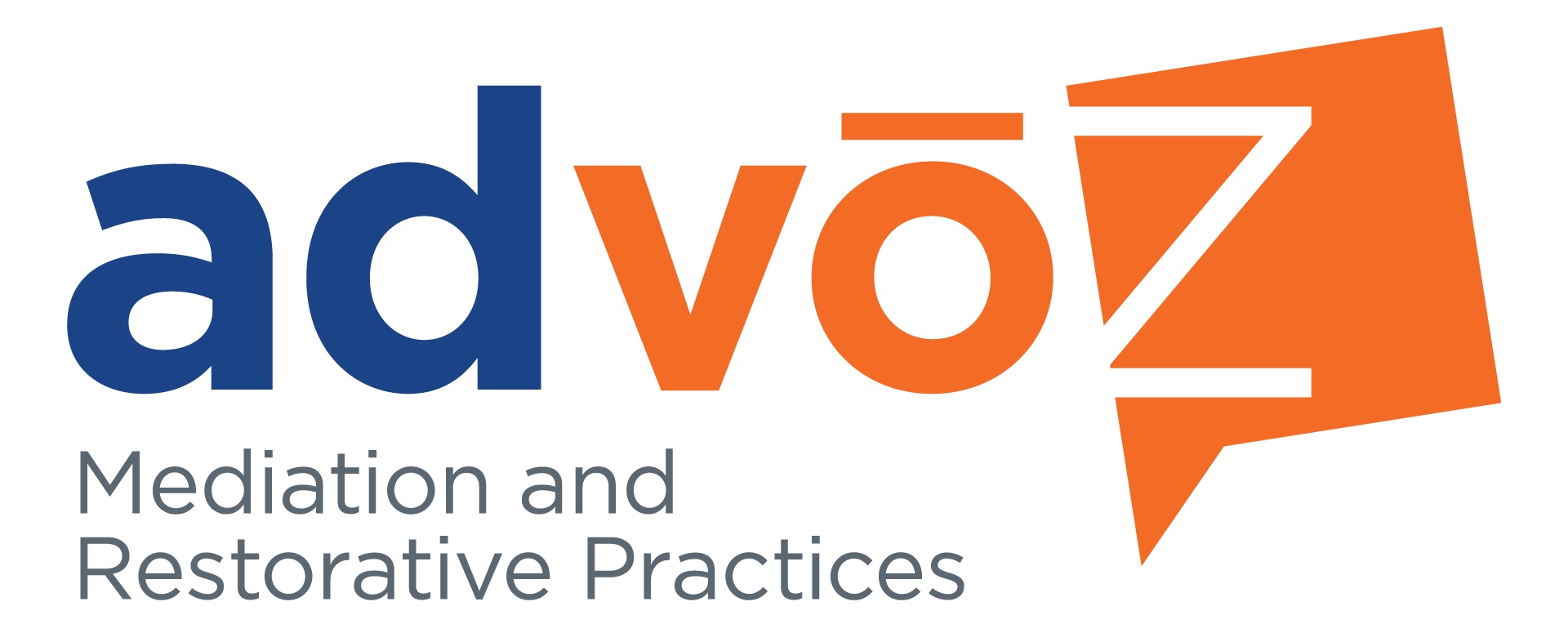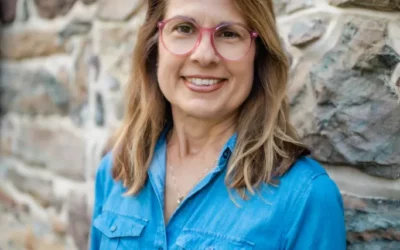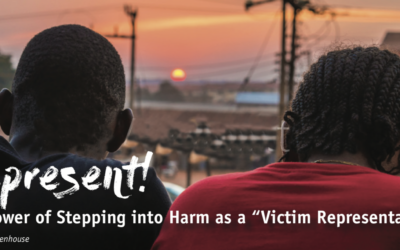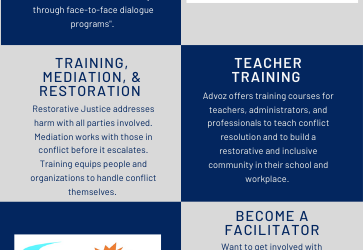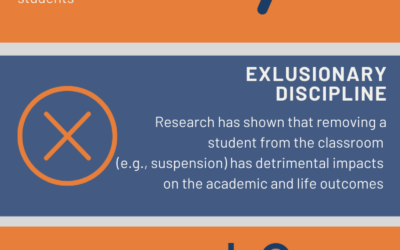By: Mila Pilz, Advoz’s Executive Director, Program Operations
One of the basic tenets of restorative practices is called “fair process.” “People are happier, more cooperative and productive, and more likely to make positive changes in behavior when those in authority do things with them, rather than to them or for them,” from a statement of the International Institute of Restorative Practices (IIRP and “fair process”). A catchy way to remember this is, “a decision made without me is against me.”
There are three ‘E’ principles to fair process: Engagement, Explanation and Expectation Clarity.
- Engagement — involving individuals in decisions that affect them by listening to their views and genuinely taking their opinions into account
- Explanation — explaining the reasoning behind a decision to everyone who has been involved or who is affected by it
- Expectation Clarity — making sure that everyone clearly understands a decision and what is expected of them in the future (Kim & Mauborgne, 1997)
In real life, this boils down to having a dialogue with those involved about the decisions. This ensures that everyone understands the decisions and knows what is expected of them, and what are the consequences for not abiding by the agreements. In the adult world, we observe this in terms of team guidelines and company handbooks.
When it comes to applying these principles to dialoguing with youth, there is a tendency to minimize the importance of following through with them. In the elementary school classroom, having the students hear and agree to the rules is a routine expectation …but what about having them come up with their own rules? How young is too young for fair process? I decided to do what any good mom would do and test the principles with my own family. My husband and I talked with our 3-year-old daughter about the ways we each wanted to be treated in our household. We came up with compassionate ideas such as “kind words”, “kind hands”, and “kind feet.”

We all also adopted a guideline she learned at her daycare about being a “bucket filler,” based on the book, Have you Filled a Bucket Today? by Carol McCloud. We asked her to draw the guideline on a blank piece of paper, then we talked about what should happen if one of us did not follow the guideline. We came up with the following:
First Time – A reminder by coming back to review the paper that is posted on the refrigerator.
Second Time – Re-do! A time to “rewind” and try again.
Third Time – A 5-minute cool down time.
Amazingly enough, this process has been very helpful for our family. It has allowed for all of us to have the same expectations of each other. We all bought into it since we all had a say into it (so democratic!). Now, it isn’t always perfect, but it has definitely been a good tool to have in the parenting toolbox.
So whether you’re working with 3-year old, or someone far older in your family, try starting with that blank piece of paper. Set up clear expectations, explanations and engagement together. And return to them. We can all use more fair process, more kindness–starting at home.

Mila has a long-standing passion for conflict resolution, going back to being a peer mediator in elementary school. After earning B.A.’s from Bloomsburg University and M.A.’s in Conflict Resolution and in International and Intercultural Communication from the University of Denver, Mila took her skills abroad. In Amman, Jordan she taught in a private K-8 school, working with school discipline and parent-school relations. In leadership since 2014 with Conflict Resolution Services before merging to form Advoz, Mila is excited to be making her hometown an even better place to live.
